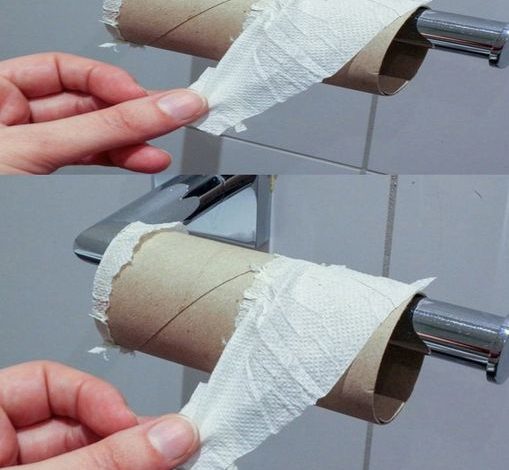Is toilet paper coming to an end? It may soon take the place of our regular rolls.

Adoption and Acceptance of New Habits
Transitioning from toilet paper to alternatives requires overcoming entrenched habits. Raising awareness and increasing the accessibility of alternatives are crucial. Informational campaigns emphasizing hygiene and environmental benefits are essential to encourage widespread acceptance.
Economic Considerations of Sustainable Options
Switching to sustainable alternatives involves financial implications. The initial costs of installing bidets or purchasing reusable toilet paper can be high, but these investments often lead to long-term savings by eliminating the need for disposable paper products. Consumers and policymakers must weigh these factors to achieve a balance between sustainability and economic feasibility.
Infrastructure and Public Spaces
Shifting to greener toilet solutions extends beyond individual choices, necessitating changes in public infrastructure, particularly in older buildings. While the initial investment is substantial, careful planning is needed to ensure these new facilities are accessible and well-maintained.
The Role of Public Policy
Government policies are crucial in promoting toilet paper alternatives. Tax incentives, subsidies, and regulations can encourage the adoption of bidets and reusable paper, facilitating a transition towards sustainable practices. These measures help overcome economic barriers and drive significant changes in consumer behavior.
Looking Forward: Enhanced Hygiene and Sustainability
The debate about toilet paper and its alternatives is part of a broader discussion on public health, sustainability, and well-being. Exploring these options can reduce environmental impact while improving hygiene standards, paving the way for a cleaner, greener future.